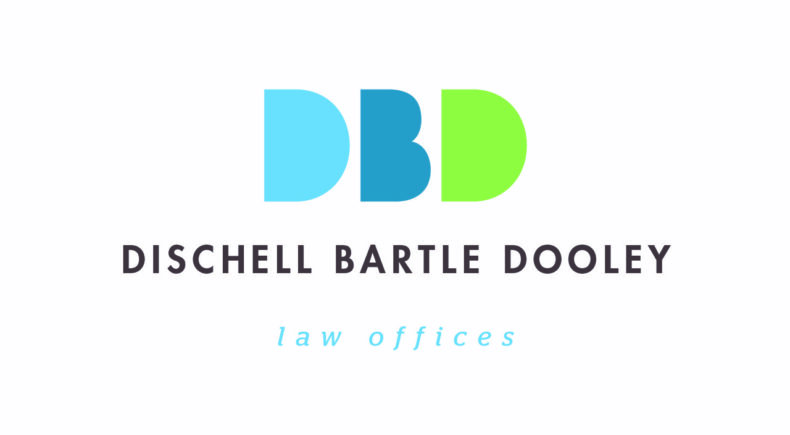Legal Matters: New Filing Requirements For Those Doing Business In Pennsylvania

Act 122 was signed into law on November 3, 2022, by Pennsylvania’s former Governor Tom Wolf and became effective as of January 2, 2023. This legislation makes various changes to Title 15 of the Commonwealths Consolidated Statutes, also known as the Associations Code. One notable change for businesses in Pennsylvania is the new mandatory Annual Report Filing. This requirement replaces the previous Decennial Report Filing requirement and aligns Pennsylvania with most other states requiring similar report filings annually.
These new annual filings will not be required until 2025, with penalties for missed filings not beginning until 2027.
What is the filing requirement?
Now, every year, organizations must file a report with the Pennsylvania Department of State that includes their business name; jurisdiction; registered office address; the name of at least one director, member or partner; names and titles of the principal officers; principal office address and its Department of State provided entity number.
Filling out the form is relatively simple and is expected to be similar to the forms companies were previously required to fill out every ten years. There will be a $7 filing fee for businesses, corporations, LLCs, limited partnerships, and limited liability partnerships. There is no fee for organizations that operate under not-for-profit designation.
Who needs to file, and when are the deadlines?
Organizations should receive information and a letter from the Pennsylvania Department of State informing them that their filing deadline is approaching. However, an excuse for missing an annual filing due to lack of notice from the Department of State will not be an acceptable reason for missing the deadline.
The filing dates will be the same every year:
- Corporations must file by June 30
- Limited Liability Companies (LLC) must file by September 30
- Other filing entities or foreign filing entities must file by December 31
What are the consequences of not filing?
Failure to file an annual report during the phase-in period, which ends January 4, 2027, will result in penalties. The entity will be subject to dissolution due to annual reports not being filed. Business Corporations, non-profit corporations, LLCs, limited partnerships, and professional corporations can contact a business law attorney to start their report filing now.
In 2027, when penalties are applied, the consequence of failing to file will begin the process of administrative dissolution or cancellation of the business entity. Within six months of a missed deadline, the Department of State will send notice to an organization. If the annual report is not filed after receiving the notice, the Department will start administratively dissolving and canceling the entity.
If an entity is dissolved, it will no longer be able to conduct business in Pennsylvania legally, and its name will become available for new entities to claim. As such, if administratively canceled or dissolved, an entity may lose the ability to conduct business in Pennsylvania under its previous name.
A domestic entity can correct the dissolution or cancellation by applying for reinstatement, which would mean filing the reinstatement application, filing the missed annual reports, and paying the fees associated with each. A foreign entity may not simply apply for reinstatement; instead, it must submit another Foreign Registration Statement to the Pennsylvania Department of State.
Who does Act 122 affect?
The requirement will apply to most entities formed under the laws of Pennsylvania that file with the Corporation Bureau and all non-PA businesses registered or qualified to do business in the Commonwealth.
Entities that are required to file include:
- Domestic business corporations.
- Domestic non-profit corporations.
- Domestic limited liability partnerships.
- Domestic electing partnerships that are not limited partnerships.
- Domestic limited partnerships (including limited liability limited partnerships).
- Domestic limited liability companies.
- Domestic professional associations.
- Domestic business trusts.
All registered foreign associations.
This change is an example of why its important to keep up-to-date on state legislation — not just in Pennsylvania, but any state where a company conducts business — because a simple administrative change could significantly impact an organization.
If you have questions about the new filing requirements, contact one of Dischell Bartle Dooley’s business law attorneys.
More about Dischell Bartle Dooley.

Dischell Bartle Dooley
For over 45 years, the attorneys at Dischell Bartle Dooley have been providing excellent legal counsel across Southeastern Pennsylvania. With offices in Lansdale, Pottstown, and Boyertown, clients can access downtown-caliber attorneys close to home. DBD’s attorneys have an intimate knowledge of the region and the residents and are each well-recognized and respected in their practice areas. DBD represents all types of clients, including individuals, businesses, and government entities, in various legal areas — including personal injury litigation, family law, tax and business law, real estate law, estate planning, and more. Around the corner, in your corner — Dischell Bartle Dooley can support all your legal needs.
Connect With Your Community
Subscribe for stories that matter!
"*" indicates required fields






























